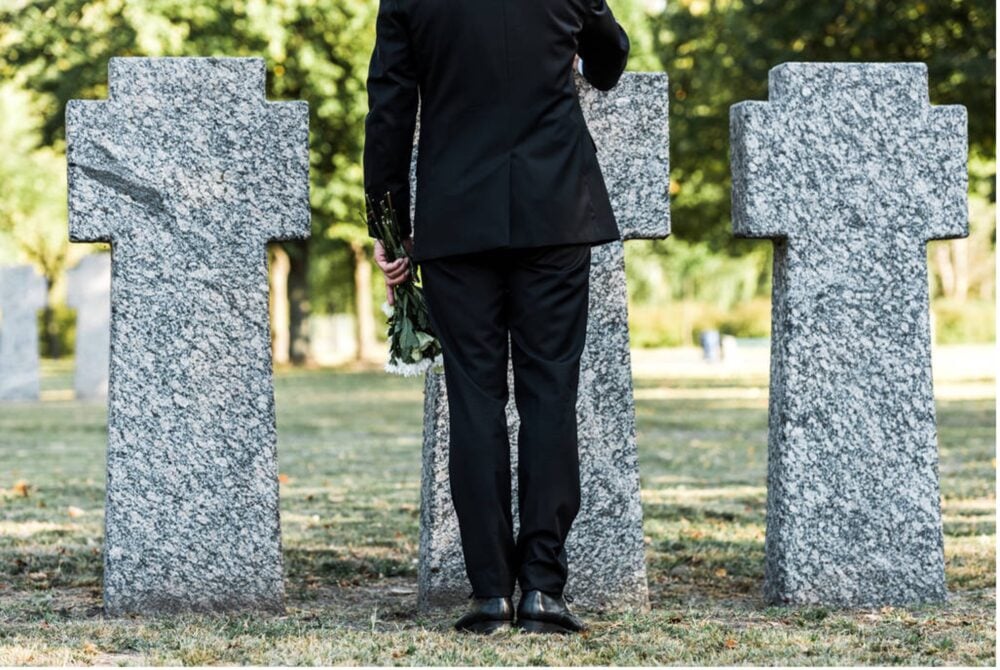Does Your Comcare Claim Die With You?

The short answer is… not always.
A bizarre quirk of the Safety, Rehabilitation & Compensation Act (SRC Act) that is not often raised is that there are certain circumstances whereby a Commonwealth Workers Compensation claim can survive… even after the injured person has died.
Pursuant to section 55 of the SRC Act, a Comcare claim can survive the death of the injured person and allow their personal representative to lodge or continue a claim on their behalf.
In certain circumstances, executors of the estate have the ability to pursue compensation after the death of a person who was in receipt of Comcare benefits.
Section 55 of the SRC Act is the relevant provision that sets out what happens when a person entitled to a Comcare claim passes away without making the claim.
In short, it allows the injured person’s representative to make the Comcare workers compensation claim on their behalf and sets out that a claim is not affected by the claimant’s death after the claim was served.
Key Points of the SRC Act s 55
-
Claim by Personal Representative:
If a person entitled to compensation dies before lodging a claim, their personal representative (such as an executor) can make the Comcare workers compensation claim for them.
-
Claim Survives Death:
If a Comcare claim is made and then the claimant dies, the claim remains valid and must still be processed and determined.
-
Exception for s 27 Claims:
This section does not apply to claims for compensation made under section 27 of the Act which forms part of a whole person impairment claim for compensation.
-
Application to Other Matters
Section 111 of the SRC Act applies to amounts payable under a determination made on a claim as if the deceased had died after the determination was made.
Section 111 essentially sets out that where a determination is made that an amount of compensation is payable under the SRC Act to a claimant and they pass away before receiving the compensation, then that amount forms part of the estate.
What you should know:
- Legal and Financial Implications: Understanding that a Comcare claim can survive the death of the injured person is crucial for the deceased’s family and personal representatives. It ensures that they can continue to pursue compensation in some instances.
- Estate Planning: Knowing that compensation amounts payable after the claimant’s death become part of their estate helps in estate planning. It ensures that the deceased’s beneficiaries receive the compensation they are entitled to.
- Peace of Mind: For individuals who are injured and worried about their family’s financial future, this information provides peace of mind. They can be assured that their family will have rights to pursue compensation on their behalf even if they pass away.
- Legal Representatives: Lawyers and legal representatives need to be aware of these provisions to effectively advise and represent their clients.
Understanding these aspects can ultimately help individuals and their families navigate the complexities of Comcare compensation claims and ensure that they receive the benefits they are entitled to.
TGB Lawyers can advise on Comcare claims
At Tindall Gask Bentley, we’ve helped countless Australians who have a work-related injury pursue workers compensation through the Comcare claims process, protecting their rights and supporting their recovery.
Every legal situation is different—make sure you have the right advice. If you’re a Commonwealth employee injured at work and are considering a Comcare workers compensation claim or need guidance on your options, reach out to Alex Harris today.
(08) 8205 1250